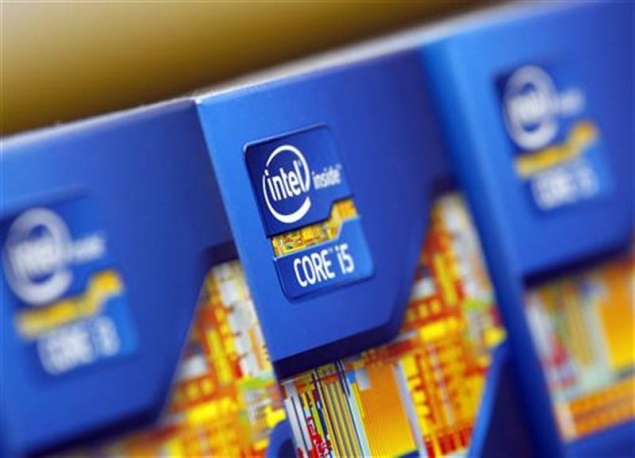Intel launches new Atom chip for microservers, gets Facebook nod
Advertisement

Intel launched a data-center chip using low-power technology found in smartphones, stepping up competition in the nascent microserver market and winning a nod from Facebook.
The Atom chip rolled out on Tuesday uses much less electricity than Intel's previous processors for servers and comes as Intel's rivals also eye the low-power server niche.
Energy-sipping chips similar to those used in smartphones and tablets lack the horsepower of traditional server processors made by Intel. But data centers that combine many low-power chips instead of just a few heavy-duty processors may provide more computing power for less money, and use less electricity.
Microservers have yet to gain serious traction with traditional corporate customers like banks and manufacturers, and the potential size of the market remains unclear.
But Internet giants like Facebook, Amazon.Com and Google have been experimenting with ways to use low-power chips to make their data centers more efficient.
Advertisement
At an Intel event launching the Atom chips, a Facebook infrastructure executive said the social network has found that low-power chips excel at processing the 4.5 billion updates, likes, posts and comments its 1 billion active users add to the site every day.
"We do face unprecedented scale at Facebook, and that's one of the reasons we're so highly motivated to figure out the most efficient way to scale infrastructure efficiently and support all the people using Facebook," said Frank Frankovsky, Facebook's VP of hardware design and supply chain. He did not say whether Facebook expects to buy Intel's new chips.
Advertisement
Frankovsky said "wimpy" low-power chips in some cases can do the same work as Intel's "brawny" Xeon chips while consuming half or a third as much power.
"How much useful work can you get done per watt per dollar? That's the only metric that matters," Frankovsky said.
Advertisement
Intel dominates the PC and server markets, but was slow to design chips for the mobile market, where chips using technology from ARM Holdings have become ubiquitous.
In October, ARM unveiled new chip designs aimed at microservers. ARM believes servers using low-power chips based on its designs could account for a fifth of data centers by 2020.
Diane Bryant, in charge of Intel's data center business, declined to say how large Intel believes the microserver market could become. She said the Atom chips have been chosen for over 20 upcoming products focused on microservers, storage and communications.
© Thomson Reuters 2012
For the latest tech news and reviews, follow Gadgets 360 on X, Facebook, WhatsApp, Threads and Google News. For the latest videos on gadgets and tech, subscribe to our YouTube channel. If you want to know everything about top influencers, follow our in-house Who'sThat360 on Instagram and YouTube.
Advertisement
